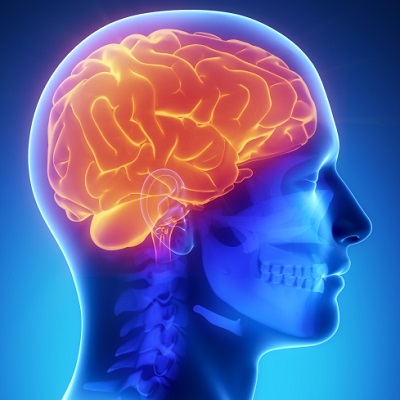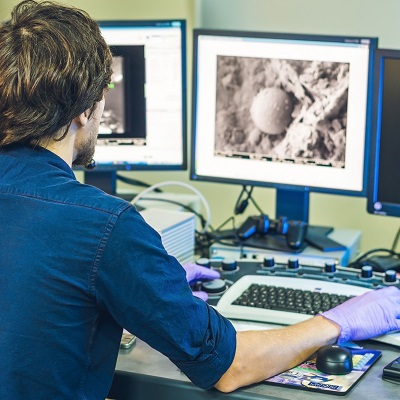August 8, 2022 -- University of California, Los Angeles (UCLA) brain researchers have received a $4 million National Institutes of Health (NIH) grant to observe neuronal activity in freely moving animals with a “miniscope.”
The miniature microscope can be mounted on the heads of lab animals and the NIH grant will help the study team develop next-generation versions of their miniscope. The four-year award will support the design, manufacturing, and distribution of two types of two-photon miniscopes. As they did previously, the UCLA researchers will share detailed instructions on how others can build and operate their own miniscopes.
The device is about an inch tall and weighs less than 4 grams. It snaps into a baseplate implanted on top of an animal's head to capture neuronal activity. The data is then sent by a thin wire to a computer for analysis. With this miniscope, researchers can study neuronal activity in healthy animals and in animals with neurological disorders such as Alzheimer's disease to potentially understand which cell types are malfunctioning and how they may be repaired.
With the NIH grant, the team will be able to produce much higher-resolution images than before and thus enable them to see the fine structure of connections in the brain, rather than just the cell bodies. One miniscope will be light enough so a mouse can wear it and have a larger field of view than any similar microscope; the other will be worn by a rat and image thousands of brain cells simultaneously.
The NIH previously awarded this same study team $3.7 million to design earlier versions of the miniscope.
Copyright © 2022 scienceboard.net









